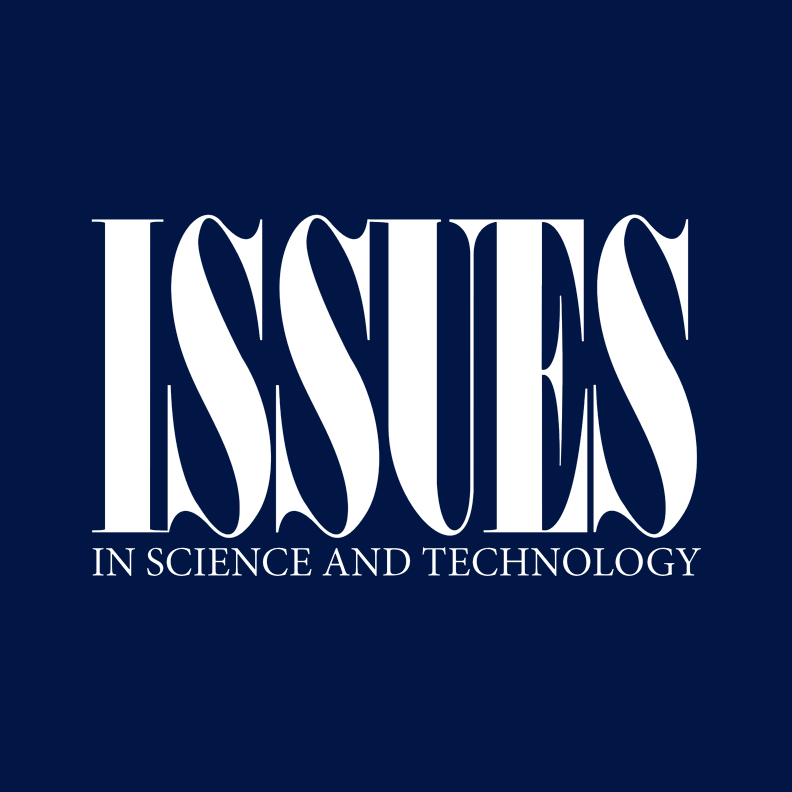Viewpoint: We Need to Manage the Political 'Bombs' of Science Policy
Viewpoint: We Need to Manage the Political 'Bombs' of Science Policy
Let's not beat around the bush: science policy is political.
Send us a link
Let's not beat around the bush: science policy is political.
What motivates scientists to engage with policymaking?

A sudden rule change by the Australian Research Council-to ban grant applications that cite preprint material-has deemed 32 early and mid-career researchers ineligible to receive critical funding.

The Biden administration's first annual list of R&D priorities includes an emphasis on bolstering pandemic preparedness and climate mitigation efforts, strengthening domestic manufacturing, and incorporating equity considerations across federal programs.
Offering a revised set of foundational assumptions on science policy and a fresh point of entry for the field of Science & Technology Studies to contribute to the discourse.
Caroline Wagner, author of 'The New Invisible College' and 'The Collaborative Era In Science', joins Toby Wardman of SAPEA to discuss the brave new world of cross-border science, and what, if anything, we can do about it.
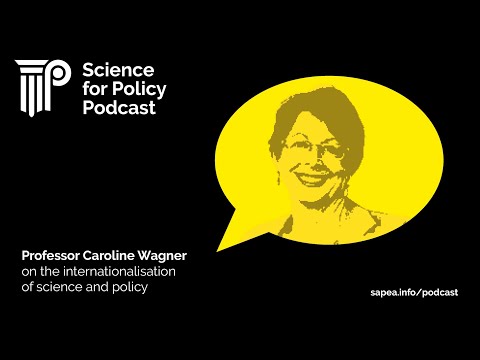
World Health Organization committee says it's too soon to allow heritable gene editing, but points to paths forward for other applications.

There are many possible pathways towards a carbon-neutral future — and achieving it by 2050 is possible but requires urgent action.
Science, and especially social sciences and humanities, have always had a broad range of impacts on society — impacts which are not easily measured using traditional academic indicators.
Modern innovation policies should target in equal measure both economic competitiveness and societal progress. They should be informed by ambitious, overarching principles-based strategies that enable us to formulate specific political goals, or missions. We also need governance structures that allow for the agile, participatory and inclusive implementation of innovation policy measures. Presenting good examples of such strategies and structures, this study examines what these examples have to offer in terms of lessons learned.

How far should we rely on science to make political decisions? What makes a good science advisor -- or a good science advice system? What do we do when the evidence is incomplete or controversial? What happens when science advice goes wrong and how can we fix it?
The Science for Policy podcast, produced by SAPEA, explores these questions and many more in conversation with the politicians, policymakers, academics and science communicators who make science advice happen around the world.
Provision in Endless Frontier Act would tighten U.S. oversight of foreign sources of funding.
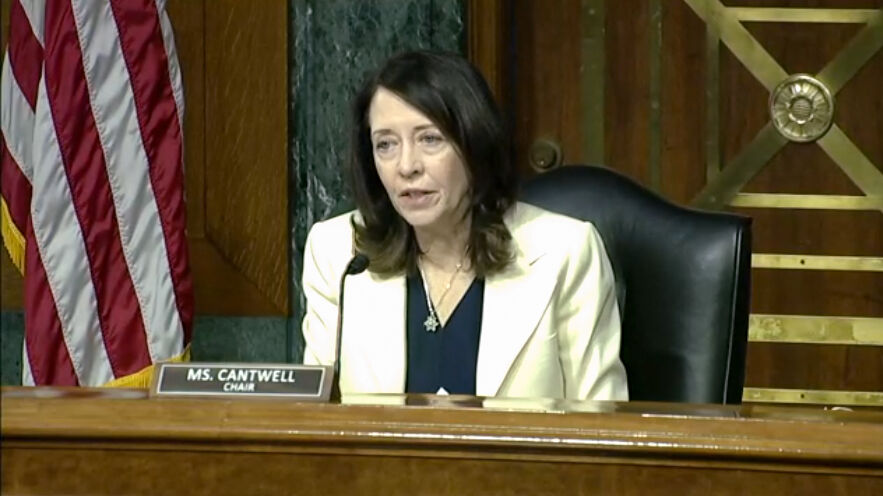
Vital international scientific work, including studies into how viruses spread, is being jeopardised by short-sighted cuts, says Prof Fiona Tomley

Merging metrics for the REF, KEF and TEF would free up time for academics to become researchers once again, says Robert MacIntosh.

President and lawmakers push proposals to add technology directorate and boost budget.
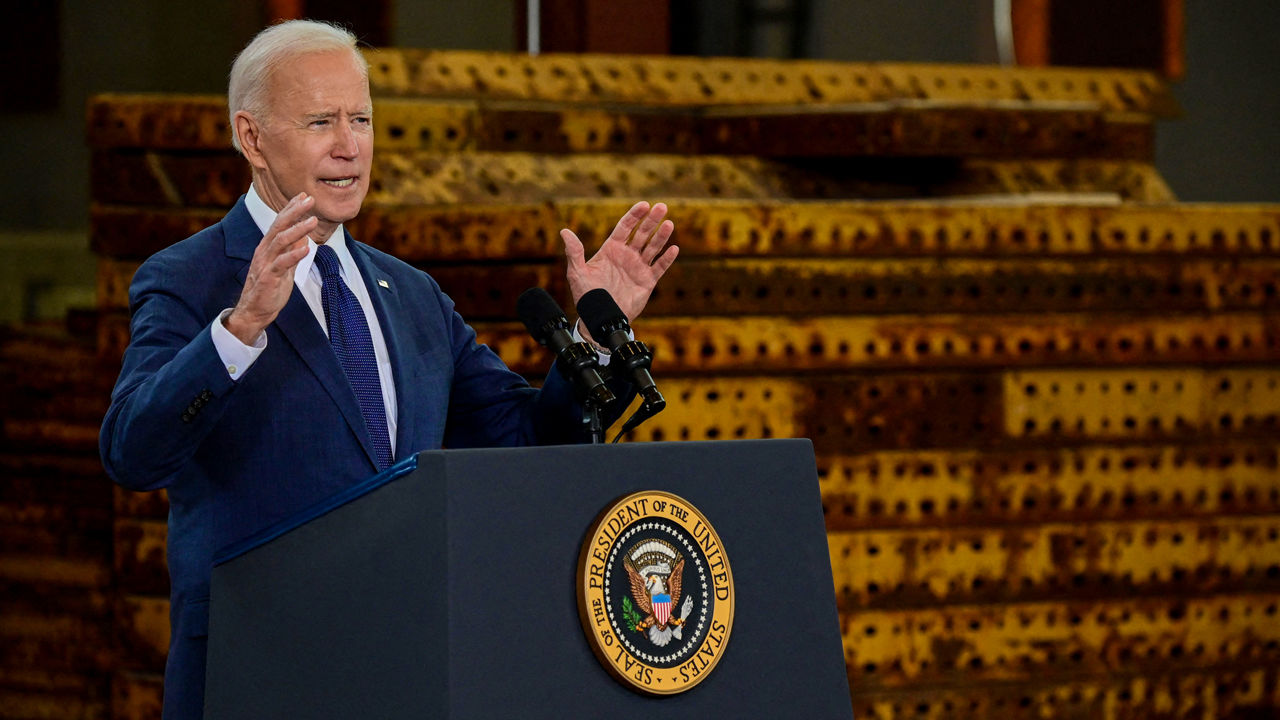
Over the past few weeks, prominent scientific publications have condemned President Donald Trump's record on science. This is unprecedented.
Amy Coney Barrett is likely to influence the court on environmental regulation and scientific expertise, say legal scholars.
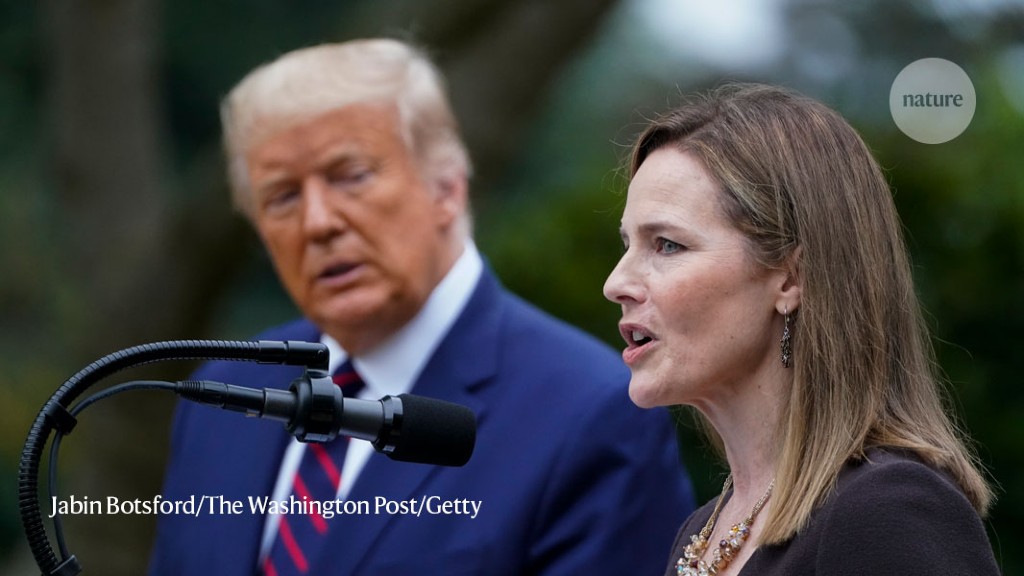
Bringing stakeholders together to shape future research and innovation policy. See the programme, check out the speakers and join online 22-24 September.
The 2021 draft budget would give Horizon Europe commitments of €11.5 billion, less than the European Commission's June proposal which had €12.3 billion slated for the R&D programme.

The US National Science Foundation's new focus on computer science could also put already-under-represented groups at a disadvantage, critics say.
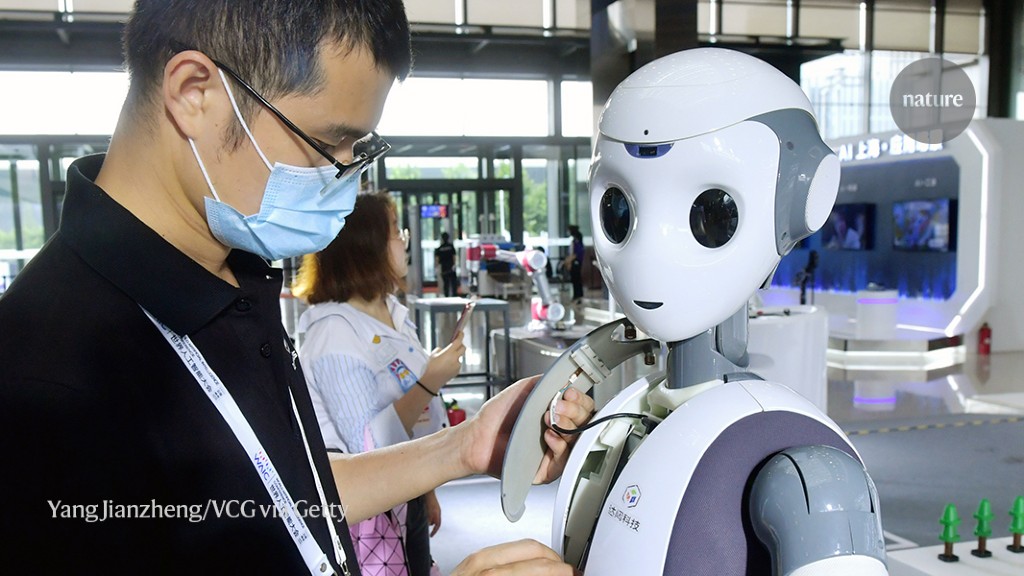
Sethuraman Panchanathan has spent his career finding "win-win" situations

R&D Roadmap sets out vision to attract global talent, increase investment, cut unnecessary bureaucracy, and cement the UK as a world-leading science superpower.

A public forum for researchers to discuss the science of science, current events, and science policy issues.
Swiss scientists fear a number of political obstacles could block their path into the EU's next big research programme.

A researcher from the Wuhan University of China offers a view of how Chinese researchers are reacting and are likely to alter their behavior in response to new policies governing research evaluation.

Science Europe's report addresses requirements for data management plans (DMPs), how they should be updated and whether new ones need to be developed.
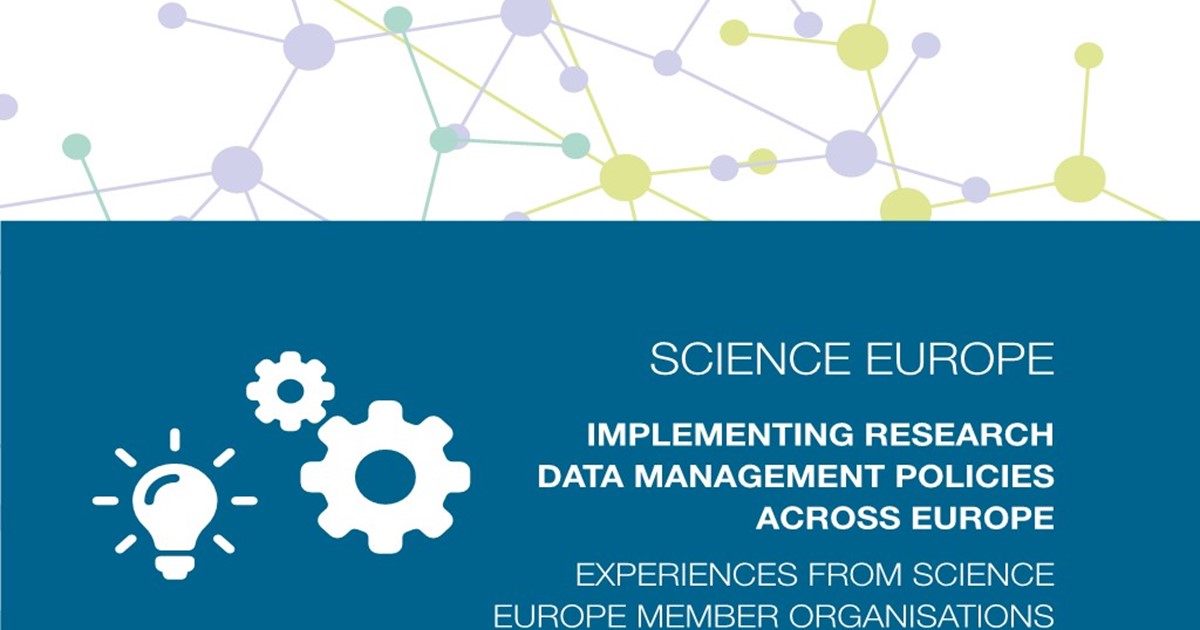
The post-World War II model for organizing science remains powerful, but moving beyond its limits will be necessary for assuring the contributions of science to solving a wide array of challenges.
